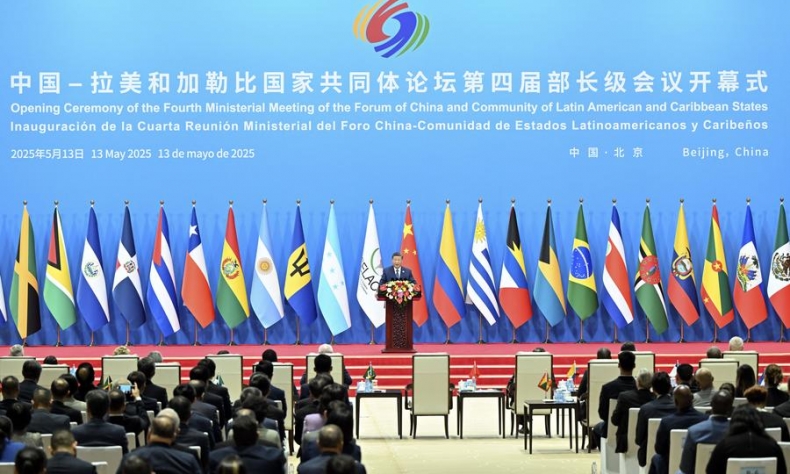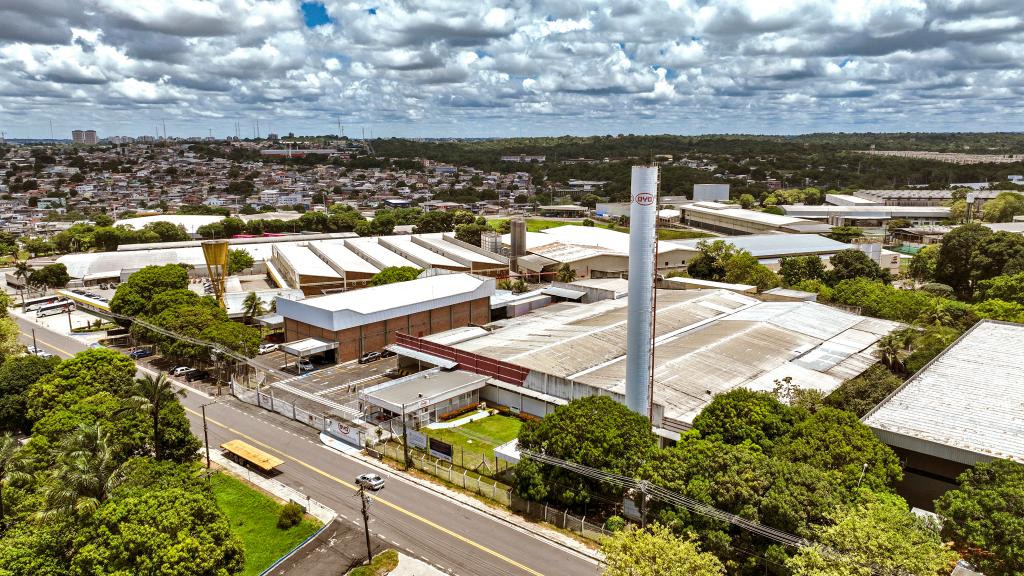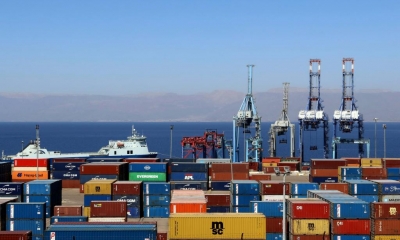New Horizons for Cooperation Between China and LAC Countries

The fourth ministerial meeting of the China-CELAC Forum showed the world that China is a large, stable, predictable, and responsible country in the face of the challenges faced by the international community.
As an old Brazilian saying goes, we know our true friends when we face difficulties. Currently, Latin American countries are suffering “bullying” from the U.S. government, which is showing many sticks and no any carrots. The relationship between China and the Community of Latin American and Caribbean States (CELAC) is subject to pressure and threats. Even a country with relative weight in international relations, such as Brazil, finds it challenging to adopt a more assertive stance regarding its legitimate interests in relations with China, such as joining the Belt and Road Initiative, in the face of blackmail from U.S. authorities.
Other countries are also being bullied by Washington. For example, the U.S. President Donald Trump has threatened to “take back” the Panama Canal. Cuba and Venezuela are facing many economic difficulties due to sanctions and a harsh economic blockade. Furthermore, hundreds of immigrants in the United States are being deported to third countries without due process and treated in a degrading manner. Mexico and Canada are suffering from the imposition of additional tariffs under the pretext of combating fentanyl trafficking.
Brazilian President Luiz Inacio Lula da Silva paid a state visit to China from May 10 to 14. During this time, on May 12, Mauricio Claver-Carone, the U.S. advisor for Latin America and former president of the Inter-American Development Bank (IDB) spoke at a business forum in New York, saying that the Brazilian president should not be in China, but rather at the event in New York. In the same speech, he said that China was shiny, attractive, and unreliable in the long term than the United States.
However, despite the threats, the Chinese presence continues to be appreciated by countries in the region. Even Argentina has had to recognize the importance and seriousness of China in economic matters. The currency swap agreement between the Central Bank of Argentina and the People’s Bank of China remains in force and bilateral trade continues to grow. It is worth remembering that governments come and go, but bilateral relations with China are increasingly consolidated.
In this international context marked by various uncertainties, especially after the U.S. government adopted erratic measures, the defense of multilateralism is more essential than ever. In this regard, holding the fourth ministerial meeting of the China-CELAC Forum in Beijing was an excellent counterpoint to unilateralism and the destruction of the international rules of coexistence. The successful ministerial forum held on May 13 showed the solidarity and good momentum of bilateral relations for now and the future.

Chinese President Xi Jinping offered practical measures for incorporating Latin American and Caribbean countries into China’s Global Initiatives during the meeting. Five cooperation programs were proposed, such as Solidarity, in which China wishes to continue supporting the region’s countries on issues of vital interest, particularly in multilateral forums, with the UN as the core and the defense of order based on international law. The second project is Development, in which China will work together with the CELAC countries to defend a multilateral fair-trade system and in greater coordination with the Belt and Road Initiative. The third project is Civilization, which is in defense of the shared values of humanity, such as peace, development, justice, democracy, and freedom. The Peace Program supports the “Proclamation of Latin America and the Caribbean as a Zone of Peace” and the creation of a nuclear-weapon-free zone. Finally, the fifth one is People-to-People Connectivity, in which the Chinese government is committed to offering courses and training for students and professionals from countries in the region, in addition to promoting cultural and tourism exchanges between peoples.
When analyzing the recent relationship between China and Latin America and the Caribbean, it is worth mentioning that in 2008 and 2016, the State Council of China released two White Papers on its policy for Latin America. Looking back, we can see that many proposals have been implemented. Several infrastructure projects have been built. Trade volume has multiplied over the past 20 years, and Chinese investments are present in several countries—in bridges, railways, power transmission lines, hydroelectric plants, ports, and highways. The expectation is that the new Joint Action Plan adopted during the meeting will further encourages the countries of Latin America and the Caribbean in their own productive, commercial, and environmental integration.
It is essential to highlight that China and the region’s countries can take advantage of many synergies. In addition to natural resources, such as strategic minerals, oil, and food, there is an excellent opportunity for Chinese companies to internationalize their activities at a time when the country has abundant capital, technologies, and resources. For example, the development of local production of cheap, renewable energy could create competitive advantages in the region for the creation of new skills in advanced industrial technology and data centers to support artificial intelligence projects.
In conclusion, President Lula’s speech at the China-CELAC Forum during his state visit to China is worth mentioning: “It is no exaggeration to say that, despite the almost 15,000 kilometers that separate us, we have never been so close.” This phrase summarizes the perception of other leaders in Latin America and the Caribbean and shows the success of the meeting between Lula and Xi Jinping.
Finally, the meeting also showed the world that China is a large, stable, predictable, and responsible country in the face of the challenges faced by the international community. The Chinese government is a crucial factor in the cooperation between countries worldwide and in the creation of an effective global order based on multilateral rules and mutual respect.
The article reflects the author’s opinions, and not necessarily the views of China Focus.
 Facebook
Facebook
 Twitter
Twitter
 Linkedin
Linkedin
 Google +
Google +




